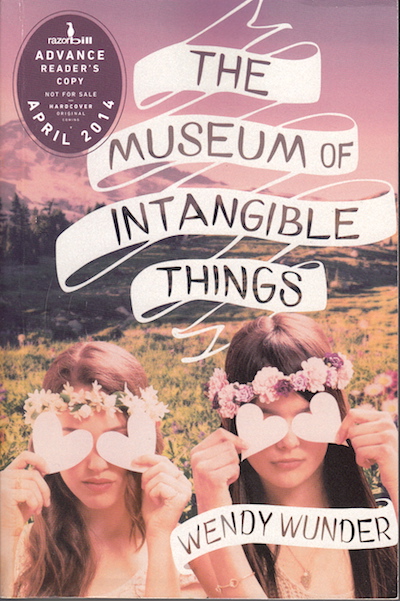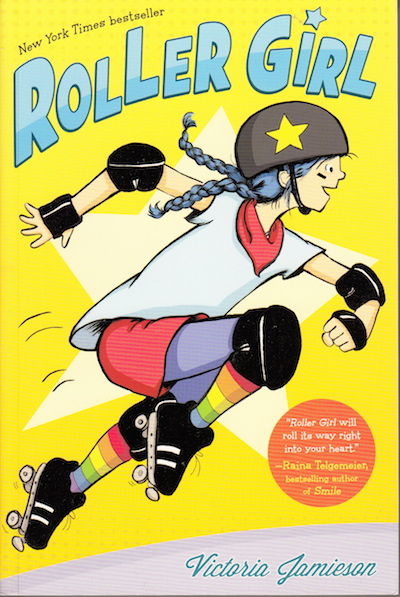Before I get started: the kindle version of the Beastie Boys Book is only $1.99 right now. As much as I enjoy the audiobook, there are pictures and graphic design in the actual book that are also a goddamn delight. But it’s also almost $30 and a brick. So the $2 kindle version, read on the iPad, works pretty good.

There are almost no cultural touchpoints in Wild Card, the introduction to the Beastie Boys Book (with the exception of the Tibetan Freedom Concerts). But it’s a lovely tale of friendship between the three guys in The Beastie Boys, Michael Diamond (aka Mike D), Adam Yauch (aka MCA), and Adam Horovitz (aka Ad-Rock).
This chapter was written by Adam Horovitz, and it could have been Yauch’s eulogy (he passed away from throat cancer in 2014). His love for one of his best friends comes through in every sentence – from being amazed at him going off to go snowboarding after a 16-hour flight to Australia to him knowing how electric guitars worked to Yauch being a guy who always amazed Horovitz.
It’s a great, positive picture of male friendship, and it’s also super-moving. I want to have been Yauch’s friend after reading this chapter, and at the same time to be more like Yauch. He seems like he was a good person.
And that’s one of the things I really like about this book: the love. So much popular culture is about people being cool or angry with each other or making fun of something. This book is not that at all, and we need more love in the world.
It’s one of the reasons The Beastie Boys Book makes me so happy.



